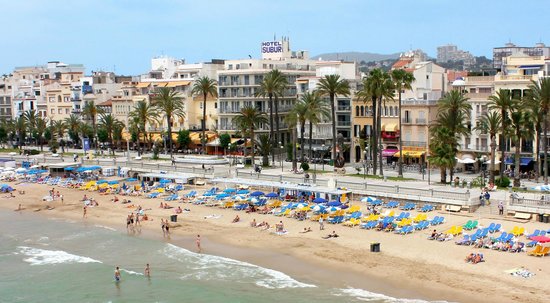In a recent measure to address the impact of advancing sea levels, the Spanish government has announced the possibility of expropriating properties along the beachfront, including apartments, hotels, and beach bars. This action will be carried out in exchange for granting the owners the use of these properties for a period of 30 years, and in certain cases, it could be extended for another 30 years, subject to extensions. Additionally, concessions for activities near the coast will be limited to a maximum of 75 years.
The Ministry for Ecological Transition is advancing the modification of the General Coastal Regulation to address the impact of sea-level rise, especially following a portion of the text that was rejected by the Supreme Court in January due to a procedural defect. It is expected that this modification will follow the same direction as the last reform in 2022, allowing the State to expropriate buildings and land in areas where the sea is encroaching on the land.
The explanation is that if sea levels rise and there is a risk of this affecting a property, the land on which the property is located could be considered public domain, even if the owner has court judgments recognizing them as the owner. Once the concession period ends, the State will have the freedom to decide what to do with the property, including demolishing it.
This process raises various implications for property owners, as losing ownership means that the government will have authority over any changes or modifications to the property. Owners will need permission to transfer the concession, mortgage the property, or make renovations, as the property will no longer be in their hands.
Furthermore, the new Regulation aims to establish unified criteria on permitted activities near the beach, with the goal of preventing overcrowding. Currently, the urban planning regulations of each municipality determine permitted activities and constructions, but the new text seeks to establish a minimum agreement to standardize rules and improve coastal protection.
This measure will also affect seaside promenades, as if sea levels rise, the State may change the boundaries of the maritime-terrestrial zone, converting parts of the promenades into public domain instead of municipal land.
In conclusion, the possibility of expropriating properties along the beachfront presents significant challenges and changes for property owners, who will need to adapt to new regulations and obtain permits for any actions related to their coastal properties.
For now, let’s stay tuned for the progress of this bill, as Living Sitges will continue to keep you informed.

Living Sitges Article

